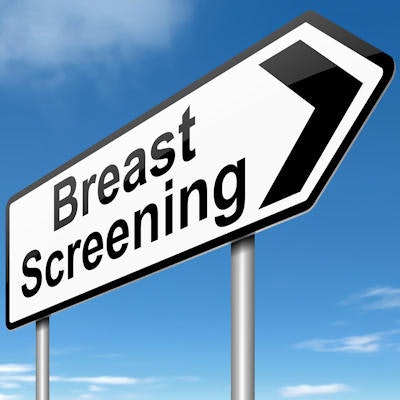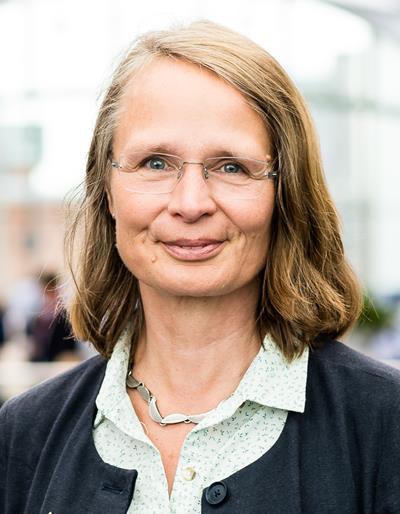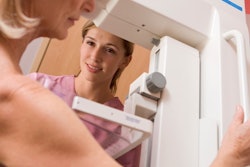
Following a series of blunders, the national breast screening program in England is to undergo an in-depth review that is due to be completed in summer 2019, it was announced today. The Royal College of Radiologists (RCR) has already welcomed the news.
A storm erupted in April 2018 when Public Health England revealed that tens of thousands of women did not receive invitations to a final round of breast screening due to a computer failure. Initial estimates were that 270 women may have died of breast cancer as a result of the omission, but that number was later revised downward to no more than 75.
The overhaul comes as part of the forthcoming National Health Service (NHS) Long Term Plan and will be led by Prof. Sir Mike Richards, who was the NHS' first cancer director and the former chief inspector of hospitals. His team will assess current screening programs and recommend how they should be organized, developed, and improved.
"The review will look at how the latest innovations can be utilized, including the potential use of artificial intelligence, integrating research and encourage more eligible people to be screened," according to a statement from NHS England. "It will also look to learn lessons from recent issues around breast and cervical screening."
Richards and his colleagues will focus on working out the best operational delivery model for cancer screening programs, including possible changes to outsourcing procedures.
"This review provides the opportunity to look at recent advances in technology and innovative approaches to selecting people for screening, ensuring the NHS screening program can go from strength to strength and save more lives," he said.
The following three national cancer screening programs in England will be evaluated:
- Breast screening: offered to women 50 to 70 years old, with women older than 70 able to self-refer for screening
- Cervical screening: offered to women 25 to 64 years old, with screening offered every three years for women up to the age of 49 and every five years from 50 to 64
- Bowel screening: offered to men and women 60 to 74 years old, and another bowel screening test offered to men and women at the age of 55 in some parts of England
The review will assess the strengths and weakness of these screening programs, making recommendations on how screening policy should be modified in the future, including horizon scanning, reviews of effectiveness, and advice from clinical experts. Also, it will study the integration of screening programs with other initiatives aimed at cancer prevention and early intervention, as well as the introduction of new technologies and updating of IT.
In addition, Richards' team will look at how to improve staff training, how to ensure ongoing research and evaluation can be integrated into the screening program, and how screening programs should be commissioned, delivered, and assessed for quality assurance in the future.
The RCR's response
 Dr. Caroline Rubin, RCR's vice president of clinical radiology.
Dr. Caroline Rubin, RCR's vice president of clinical radiology.The RCR has reacted positively to the announcement.
"It is absolutely right that the program should be reviewed in order to ensure it modernizes and continues to save lives for decades to come," noted Dr. Caroline Rubin, RCR's vice president of clinical radiology, in a statement. "Breast services are understaffed and under strain."
There are huge opportunities to introduce new imaging technologies and expertise to the scheme, enabling personalized screening and better categorization of woman at risk, added Rubin, who is a consultant radiologist at University Hospital Southampton NHS Trust.



















